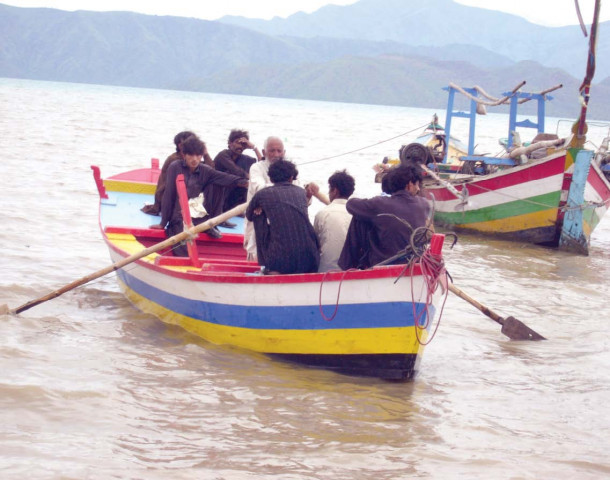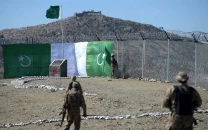The precarious Tarbela Lake: Rocking in a boat to the tune of six hours
Lack of security protocols in the lake jeopardise thousands of lives every day .

The precarious Tarbela Lake: Rocking in a boat to the tune of six hours
Alongside transporting items of daily use from the city area to their homes in Khalabat Township, Darband, Baitgali, Nara Amazai and Torghar, boats are most often the primary source of transportation for these villagers. A large number of picnickers, attracted to the scenery, also use the boats for transportation.
An incident in 2008 where four people drowned, including two minors, spotlights the lack of adequate measures implemented by both boatmen and the local administration.
The villages’ residents travel for up to six hours continuously without life jackets or any other form of support, a situation made more fickle by the possibilities of storms overwhelming the lake.
According to villagers, Chandani Chowk, which is about 30 nautical miles in the north of Khalabat Township stop, is a constant threat to travellers due to moderate storms that hit the area.
“We feel the boat jolting at Chandani Chowk but I don’t think there is any danger for the larger boats. We are used to the rocking but those travelling for the first time get panicky,” said Shamraiz, a resident of Kriplian village.
However, Azmat Khan, a resident of Darband, expressed his concern about the absence of security arrangements, “[The boatmen] do not have life jackets or even an improvised arrangement of tyres, which is very dangerous.”
Taza Khan, a boatman, said that there was no danger to the lives of commuters since boats have never capsized in his 40 years of experience.
“We leave it all to Allah Almighty as he has always protected us; we believe that the days of our deaths have already been predetermined.” He added that despite the absence of life jackets, large motor-operated boats are safe since it can withstand the storms that hit the lake.
Abdul Qahar, a resident of Hasanzai district prefers to travel six hours via boat as opposed to Chappar Road, because drivers take Rs400 per journey while the more affordable Rs200 for a journey by boat is “more comfortable”.
However, he added that in absence of a roof, groceries and other valuable items are spoiled when it rains.
Following the construction of Tarbela Lake which inundated over 120 villages and displaced more than 200,000 villagers, a majority of villages and their occupants had no other option but to travel via boat.
Chappar Road was part of the resettlement plan of Tarbela Lake affected communities; it was built during the early 80s but due to its bad condition, commuters prefer travelling via boats.
According to the Water and Power Development Authority’s documents, the Tarbela Lake is 97 sq km that touches Bisham on the north, Chappar Road on the east and Swabi on the west.
Published in The Express Tribune, October 17th, 2011.



















COMMENTS
Comments are moderated and generally will be posted if they are on-topic and not abusive.
For more information, please see our Comments FAQ